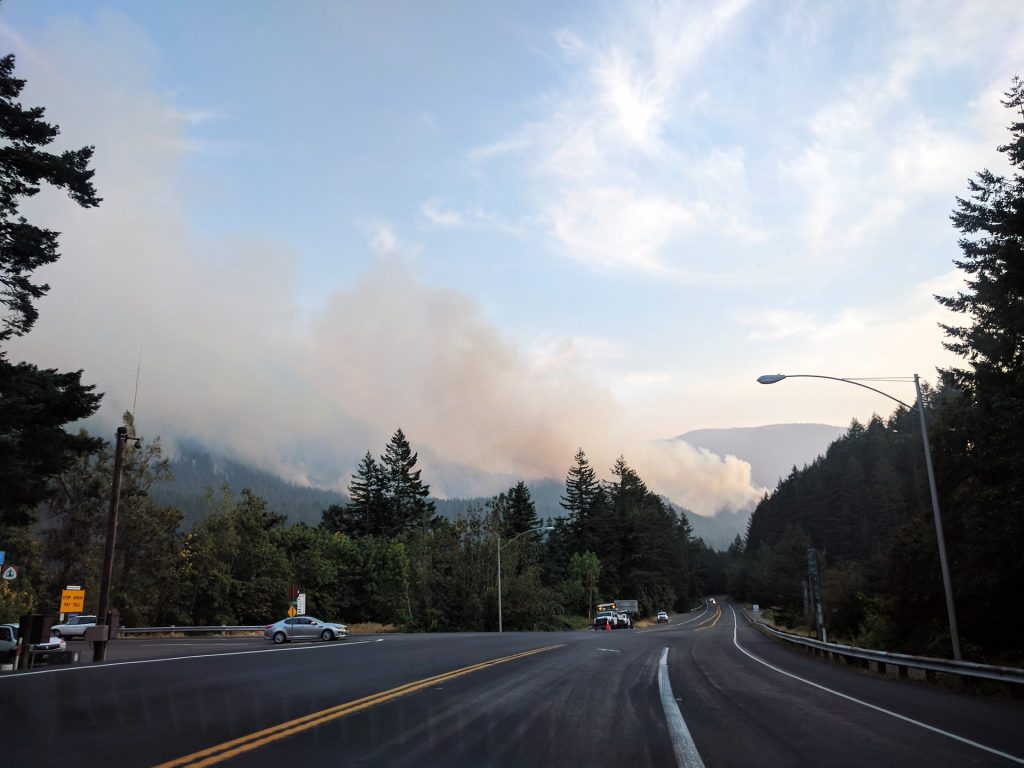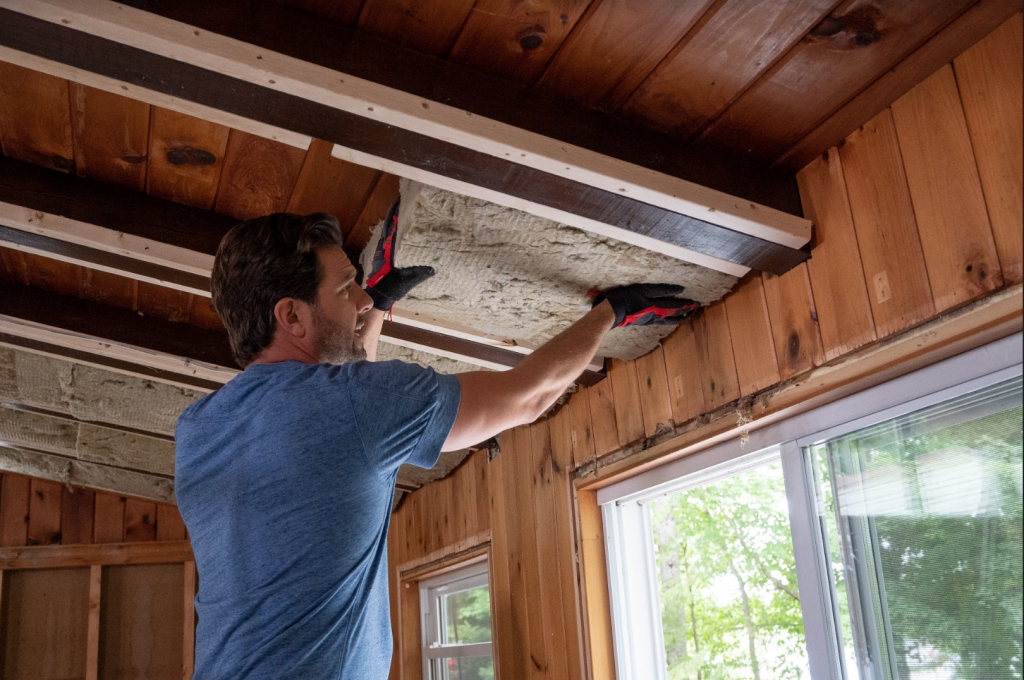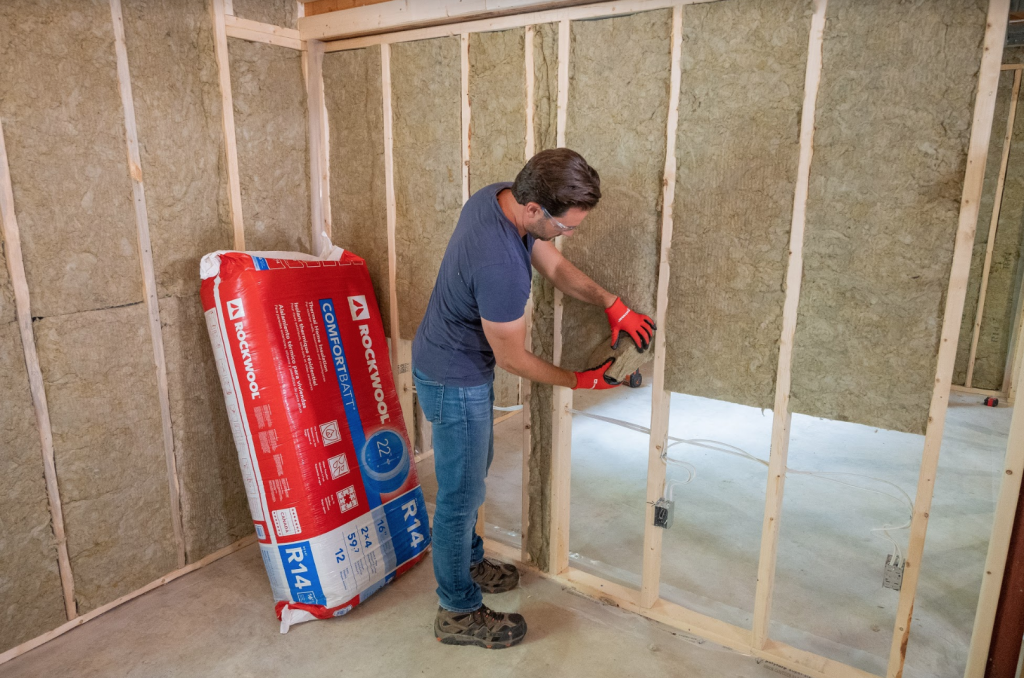Insulating for a More Resilient and Efficient Home
The environment that we’re building for is changing. Whether it’s an increase in wildfires, extreme weather fluctuations, or flooding due to increased storm activity, climate change is having a big effect on how we need to build our homes.
The best practice for any home builder, or anyone doing major renovations, is to design not just for today, but for the future. These days it’s more important than ever to future proof your home against the changing climate and conditions which are expected to become the norm going forward – and insulation is a big part of it.
Increase Fire Resistance
You don’t have to look very hard to see that wildfires are becoming increasingly common in certain areas. It’s been a terrible year for wildfires in Canada in the U.S. in 2021, and unfortunately, it’s a trend that’s been growing over the past decade or more.

One way to help achieve fire protection through building is with the use of ROCKWOOL Comfortboard, an exterior non-structural insulation sheathing that provides a continuous layer of insulation around the commercial or residential building envelope. It’s non-combustible, water-repellent, fire-resistant and sound absorbent.
Comfortboard also meets the ever-tightening energy codes, which are growing stricter as part of climate action and climate reduction strategies. This results in more efficient homes, reduced energy costs, a reduced carbon footprint and greater occupant comfort – despite potential greater swings in temperatures or harsher weather events.
Reduce Water Damage
Increased rainfall and/or moisture is occurring in many regions of North America (be it regularly or as a result of storm activity or seasonal flooding). As a result, it’s more important than ever to use stone wool insulation as continuous exterior insulation in your walls, attic or roof assembly. This is because the product is vapour open, allowing vapour to dry to either side of the assembly (depending on what climate conditions it was designed for).
Stone wool’s high drying potential means that even if moisture penetrates the assembly and comes into contact with the insulation, the insulation will dry out and, once dry, will retain its full R-value. As a result, a homeowner can have full confidence in the energy performance of their home and in moisture control measures.

Reduce Noise
Another big issue for homeowners and builders is noise. Whether it’s noise from air traffic, vehicle traffic, construction, neighbours, or between the walls in multi-residential buildings, noise is everywhere (and it’s increasing due to population growth and density.) One way to make our homes more resilient to noise pollution is, again, through the use of continuous exterior insulation, but also, interior sound dampening solutions such as Safe’n’Sound® or AFB® in interior walls, party walls, or in ceilings and between floors. Improving acoustics and controlling sound can help create a more comfortable and healthy indoor environment. Noise can have a big impact on our health and how we experience our homes, so it’s a very important element to consider when building.

Protecting our homes not just now, but for future weather events and climate change is something we all need to consider. For more information about how ROCKWOOL is tackling these issues, please see their 2020 Sustainability Report.

Comments